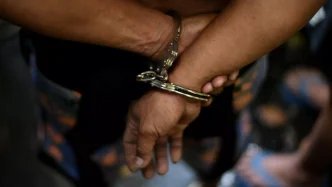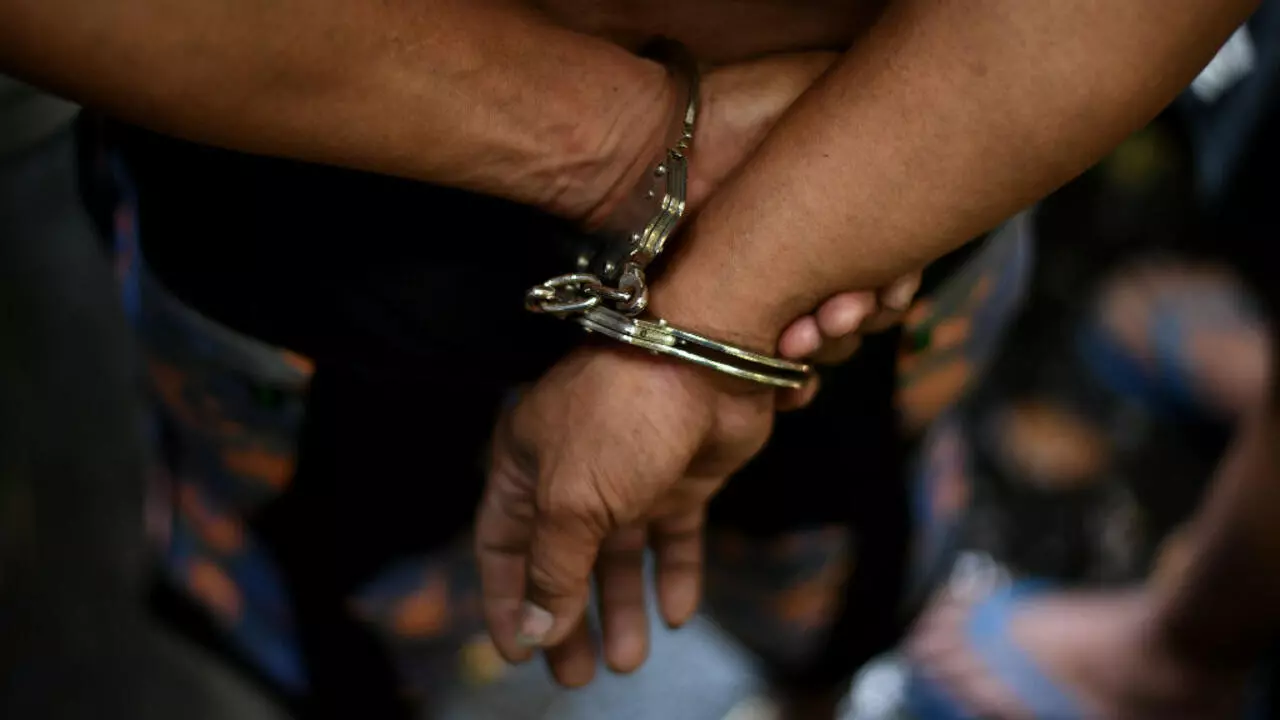On March 11, 2025, a seismic shift occurred in the Philippines as former President Rodrigo Duterte, once deemed untouchable, was arrested by national authorities and swiftly transferred to the custody of the International Criminal Court (ICC) in The Hague, Netherlands. Facing charges of murder as a crime against humanity linked to his brutal “war on drugs,” Duterte’s apprehension marks a historic reckoning for a nation scarred by years of extrajudicial violence. This moment, long unimaginable to many, offers a glimmer of hope to thousands of grieving families while exposing persistent challenges, including a resurgence of disinformation and online harassment.
A Long-Awaited Reckoning
Duterte’s arrest is not merely a legal milestone; it is a profound symbol of accountability for a presidency defined by violence. During his tenure from 2016 to 2022, his administration’s anti-drug campaign resulted in thousands of deaths—official figures cite around 6,000, while independent estimates suggest numbers closer to 30,000. Many of these killings, labeled as extrajudicial by human rights groups, occurred in impoverished communities where victims were often gunned down in dark alleys by police or vigilantes emboldened by Duterte’s rhetoric. Families, unable to seek justice through local systems under his influence, turned to the ICC as a last resort.
The arrest, executed with striking speed, followed Duterte’s taunting remarks about the ICC during a trip to Hong Kong just days prior. His transfer to The Hague represents a rare instance of international law piercing the shield of national sovereignty, particularly for a figure who cultivated a persona of invincibility. For many Filipinos, especially those who lost loved ones, this development is a “cosmic moment,” as some have described it—a sign that the moral arc of justice may finally be bending in their favor.
The Human Cost of the Drug War
The scale of loss under Duterte’s policies is staggering. Beyond the body count, countless families have been shattered, left to grapple with grief and stigma. At a funeral ceremony in Manila on March 12, 2025, Father Flavie Villanueva, head of “Program Paghilom,” a support group for victims’ relatives, was seen consoling a mourner clutching an urn of a loved one’s ashes. Such scenes underscore the enduring pain of those who have waited years for acknowledgment, let alone justice.
Human rights advocates argue that Duterte’s arrest is only the first step. The ICC trial, if it proceeds, will need to address not just individual culpability but the systemic nature of the violence, which implicated police forces and local officials acting under presidential directives. Analysts suggest that a conviction could set a precedent for holding leaders accountable for state-sanctioned abuses, though the road to such an outcome remains fraught with legal and political hurdles.
A Resurgence of Disinformation
While Duterte’s arrest sparked hope, it also unleashed a darker force: a coordinated wave of disinformation and online abuse reminiscent of his presidency. Within hours of the news breaking, social media platforms were flooded with false narratives aimed at rehabilitating Duterte’s image. A prominent pro-Duterte vlogger, later forced to apologize before a House panel, falsely claimed that the extrajudicial killings were a “massive hoax.” This rhetoric was amplified by online trolls, who targeted victims’ families with slander, death threats, and doctored content.
Last week, affected families, supported by human rights lawyer Kristina Conti and the National Union of People’s Lawyers, filed affidavits with the National Bureau of Investigation (NBI) to track those behind these attacks. “The attacks … include doctored images, fabricated narratives, misogynist hate speech, and outright disinformation” said their counsel, highlighting the emotional toll on already traumatized individuals. The harassment extended beyond families to ICC figures, including Judge Iulia Motoc, whose LinkedIn profile was inundated with hostile comments from Duterte supporters.
Even Duterte’s own legal team faced backlash. His British-Israeli counsel, Nicholas Kaufman, urged supporters to respect the judicial process, only to be berated online. In a bizarre twist, an unrelated American author, Nicholas Kaufmann, was mistakenly targeted due to a spelling similarity in his surname, illustrating the chaotic and indiscriminate nature of these campaigns. “It feels very invasive … I don’t understand why these folks won’t listen to reason” he told reporters.
The Battle for Truth
The resurgence of disinformation poses a significant threat to the fragile progress toward justice. During Duterte’s presidency, social media became a battleground where state-backed trolls and supporters weaponized lies to silence dissent and vilify critics. Media observers note that the current wave appears similarly orchestrated, raising questions about who is funding or directing these efforts. If unchecked, such tactics could undermine the ICC process by sowing doubt about the legitimacy of the charges and the suffering of victims.
The Philippine government faces mounting pressure to act. Human rights groups argue that pursuing online harassers is not just a matter of protecting individuals but of safeguarding the truth about Duterte’s era. The NBI’s investigation into these attacks could serve as a litmus test for the state’s commitment to accountability, especially under an administration that initially appeared sympathetic to Duterte before shifting course with his arrest.
International Implications
Duterte’s case at the ICC carries implications far beyond the Philippines. It tests the court’s ability to hold powerful leaders accountable, particularly in regions where impunity has long reigned. Success could embolden other victims of state violence to seek redress through international mechanisms, while failure might reinforce perceptions of the ICC as toothless against politically connected figures. Some analysts caution that the trial’s outcome, if it reaches a verdict, may hinge on geopolitical dynamics as much as legal merits, given past resistance from powerful nations to ICC jurisdiction.
Domestically, the arrest has deepened divisions in a country still grappling with Duterte’s polarizing legacy. While many celebrate the move as overdue justice, loyalists—bolstered by online campaigns—view it as a betrayal or foreign interference. Public sentiment, as reflected on social media platforms like X, remains split, with hashtags both condemning and defending Duterte trending in the days following his apprehension.
Looking Ahead
As Rodrigo Duterte awaits trial in The Hague, the Philippines stands at a crossroads. His arrest offers a chance to confront the horrors of the drug war, to give voice to the silenced, and to rebuild trust in institutions long undermined by fear and impunity. Yet the battle is far from over. The online onslaught against victims and the broader struggle for truth underscore the enduring power of Duterte’s influence, even in custody.
For the families clutching urns and memories in Manila’s cemeteries, this moment is a bittersweet dawn. Justice, if it comes, will not erase their loss, but it may finally affirm their pain. As the ICC proceedings unfold, the world watches whether the Philippines can turn this historic arrest into a lasting step toward healing and accountability—or whether the shadows of the past will continue to haunt its future.
















